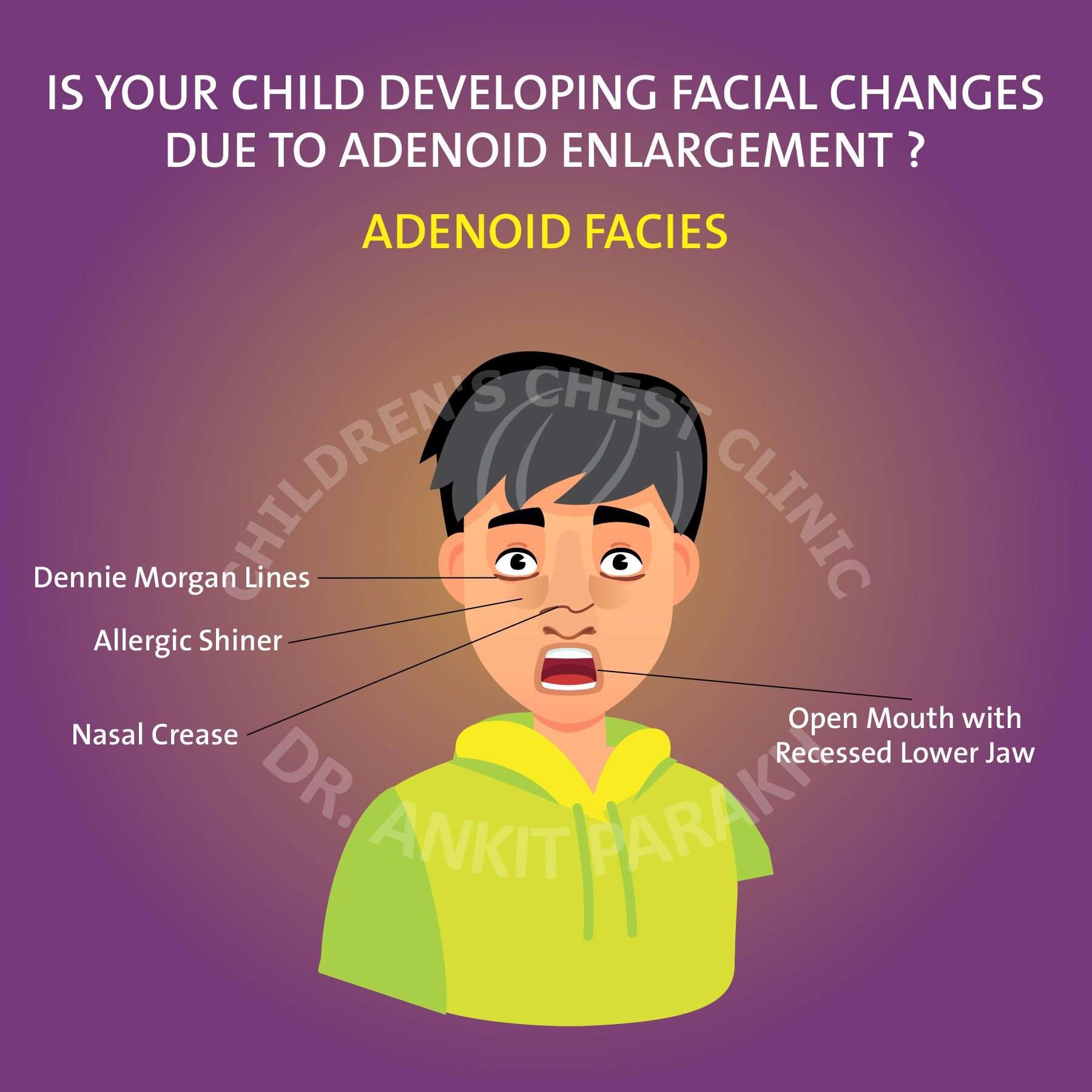Title: Enlarged Adenoids: Signs, Symptoms, Causes, Risk Factors, Diagnosis, Prevention, Diet, Lifestyle, and Homoeopathic Treatment
Introduction:
Enlarged adenoids can be a common condition, particularly in children, and can lead to various symptoms and discomfort. Understanding the signs, symptoms, causes, risk factors, diagnosis methods, prevention strategies, and exploring the potential role of homoeopathic treatment is crucial for effectively managing enlarged adenoids. In this blog post, we will delve into the key aspects of enlarged adenoids and their holistic approach to treatment.
Signs and Symptoms of Enlarged Adenoids:
1. Nasal congestion: Persistent stuffiness or blocked nasal passages.
2. Mouth breathing: Due to difficulty breathing through the nose.
3. Snoring: Loud or chronic snoring during sleep.
4. Sleep apnea: Pauses in breathing during sleep, often accompanied by snoring.
5. Ear problems: Recurrent ear infections, fluid buildup, or hearing loss.
6. Sore throat: Frequent sore throat or chronic throat infections.
7. Speech issues: Muffled or nasal speech.
8. Facial structure changes: Long-term mouth breathing may lead to dental or facial abnormalities.
Causes of Enlarged Adenoids:
The exact cause of enlarged adenoids is not always clear, but common factors can include:
1. Infections: Repeated or chronic infections can lead to adenoid enlargement.
2. Allergies: Chronic inflammation due to allergies can contribute to adenoid enlargement.
3. Immune system response: Adenoids may enlarge as part of the body's immune response to infections or allergens.
Risk Factors for Enlarged Adenoids:
1. Age: Enlarged adenoids are more common in children than in adults.
2. Frequent infections: Children who experience frequent respiratory infections are more prone to adenoid enlargement.
3. Family history: Having a family history of adenoid issues may increase the risk.
Diagnosis of Enlarged Adenoids:
The diagnosis of enlarged adenoids typically involves:
1. Medical history and physical examination: Discussing symptoms and medical history with a healthcare professional, including evaluating the throat and nasal passages.
2. Nasal endoscopy: A thin, flexible tube with a camera (endoscope) is inserted through the nose to visualize the adenoids.
3. X-ray or imaging tests: These may be recommended in some cases to assess the size of the adenoids or rule out other conditions.
Prevention, Diet, and Lifestyle Considerations:
1. Preventing infections: Encourage good hand hygiene, proper cough and sneeze etiquette, and avoiding close contact with individuals who have respiratory infections.
2. Managing allergies: Identify and manage triggers that may cause allergies, such as dust, pollen, or pet dander.
3. Maintaining a healthy diet: A well-balanced diet rich in fruits, vegetables, whole grains, and lean proteins can support overall immune function.
4. Hydration: Ensure adequate fluid intake to maintain moisture in the throat and nasal passages.
Homoeopathic Treatment for Enlarged Adenoids:
Homoeopathic treatment for enlarged adenoids focuses on reducing inflammation, strengthening the immune system, and promoting overall health. Some commonly used homoeopathic remedies for enlarged adenoids include:
1. Calcarea carbonica: Indicated for adenoid enlargement in children who are prone to recurrent respiratory infections and have a tendency to catch cold easily.
2. Baryta carbonica: Useful for adenoid hypertrophy in children who also have a delay in physical and mental development.
3. Silicea: Recommended for chronic enlargement of adenoids with a tendency to frequent infections and colds.
It is important to consult a qualified homoeopathic practitioner for
an accurate diagnosis and individualized treatment plan based on the specific symptoms and overall health of the individual.
Conclusion:
Enlarged adenoids can cause various symptoms and discomfort, particularly in children. By understanding the signs, symptoms, causes, risk factors, prevention strategies, and considering homoeopathic treatment as a complementary approach, individuals can effectively manage enlarged adenoids and promote overall well-being. Remember to consult healthcare professionals for an accurate diagnosis and to create a comprehensive treatment plan tailored to your specific needs.



Leave a Message